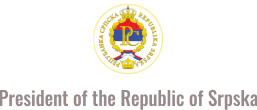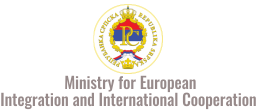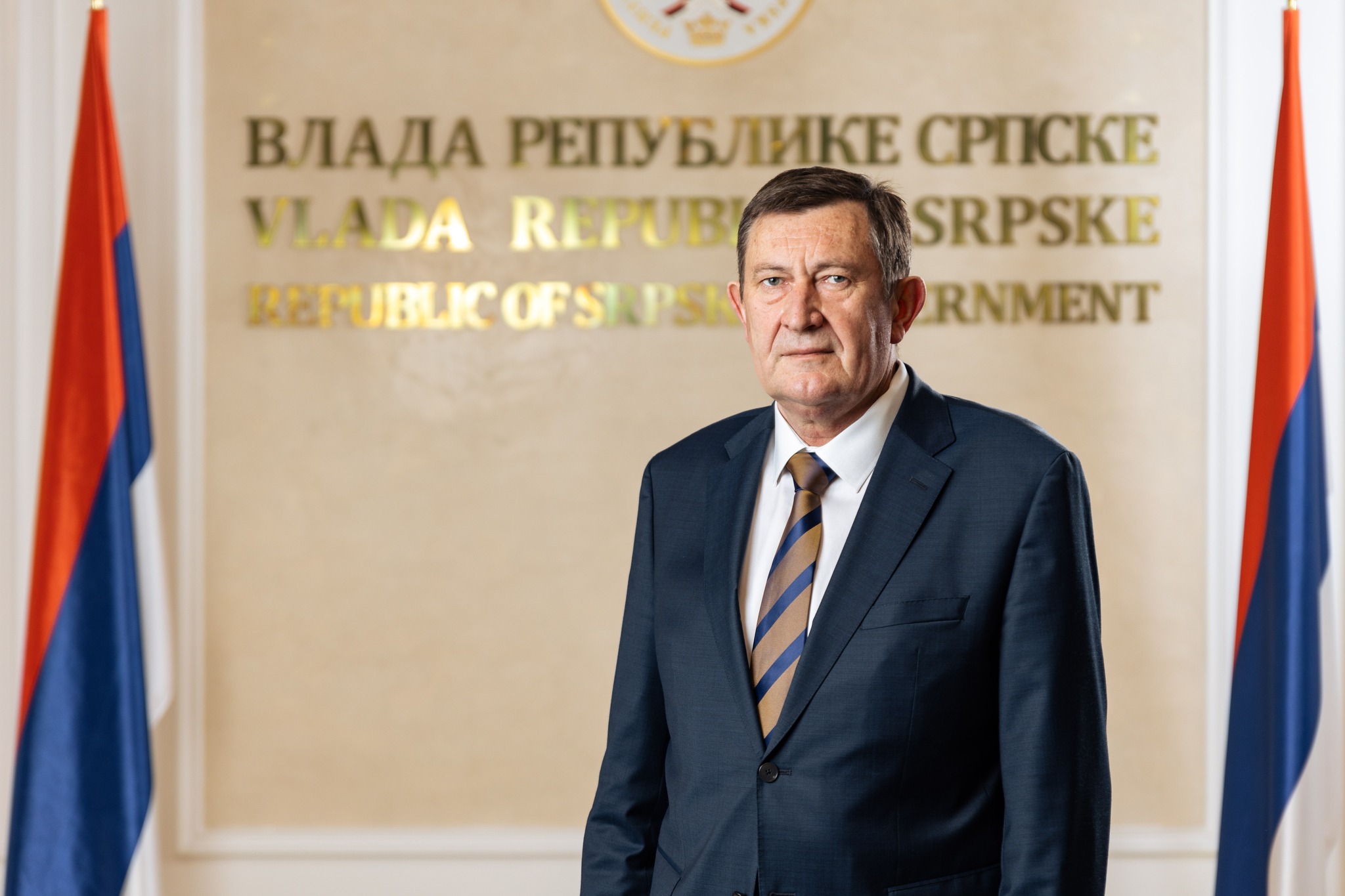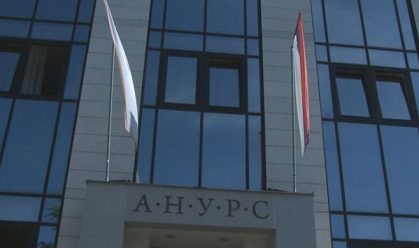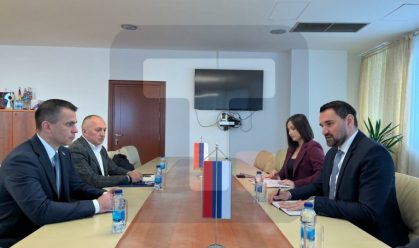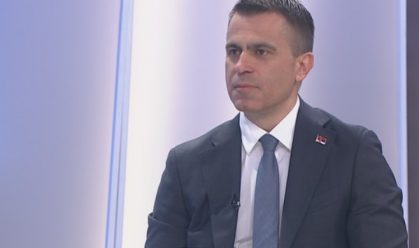The Minister of Economy and Entrepreneurship of the Republic of Srpska, Vojin Mitrović, said that Srpska was one of the most desirable foreign investment destinations in Europe due to the favorable conditions for doing business, as confirmed by a recent survey by the famous Financial Times magazine.
Mitrović stated that the Government of Srpska was preparing a decree on incentives for investments of special importance, aimed to attract foreign investors bringing new technologies, having secured markets and producing goods for export.
– It is important for Srpska to reduce the foreign trade deficit. There are many companies interested in investing including the two present in Laktaši – Male and Iskra-tel, which have started building facilities in Aleksandrovac, i.e. the Laktaši industrial zone – said Mitrović.
He added that the German company Male was planning to invest around EUR 20 million and to employ around 900 staff by the end of the year.
According to him, the first important thing for the companies planning investments in Srpska is location, i.e. land and advantages.
– One is the price, the other is the infrastructure, the third is the proximity of the airport or Corridor X and connection with the Balkan and EU countries, so Gradiška and Laktaši, due to their favorable location, are within the sphere of interest of foreign investors – explained Mitrović.
The companies that came to Srpska a few years ago, he said, realized that there was a favorable environment here for the production and marketing of certain goods, and their business costs were significantly lower than in their home countries.
ADVANTAGES FOR FOREIGN INVESTORS
Speaking about the advantages for foreign investors, Mitrović mentioned that Srpska had a 10 percent corporate income tax, eight percent personal income tax, 17 percent VAT, 31 percent combined tax and contribution rate on gross salaries, which was far more favorable than in the countries of the region.
Concerning operating costs, they are much lower in Srpska than in the West.
– Electricity costs are the lowest in the region and we plan to offer investors a guaranteed price in the next few years – he stated.
Mitrović noted that there was a German company interested in investing in Prnjavor, and signing of a memorandum defining all the details was expected by the end of the month.
In addition, the Government of Srpska offers advantages regarding labor taxes and contributions for companies of special importance – the salary may not be lower than the average, which was BAM 1,144 for the last year.
– Any amount exceeding that is recognized in the next two years and the state undertakes to pay all taxes and contributions for all employees – explained Mitrović.
He said that the salaries of the employees in these special companies were at a higher level compared to the economy of Srpska, which was important for keeping the employees in Srpska.
Mitrović noted that it was not strange that investors from Italy, Austria, Slovenia and Germany wanted to invest in Srpska precisely because of the proximity of their home countries. He reminded that because of this, during the coronavirus epidemic, due to transportation problems, investors wanted to move their plants from China, India, Taiwan as close as possible.
Mitrović said that the famous Financial Times magazine had published data on the best foreign investment destinations based on research in 370 cities and 141 regions, ranking the Republic of Srpska seventh.
Mitrović stated that one of the investor demands was for Srpska, through its educational process, to provide the staff able to meet the challenges of new technologies.
– During their schooling, they would have practice in companies, and after finishing their schooling, they would find employment there. It is very important that we thus enable people to remain working in Srpska and not be forced to go abroad – he said.
According to him, this requires cooperation of the Ministry of Economy and Entrepreneurship with businessmen, as well as other ministries, primarily the Ministry of Education and Culture, which would create the staff to meet the needs of the labor market.
Source: RTRS-SRNA
Photo: Ministry of Economy and Entrepreneurship
